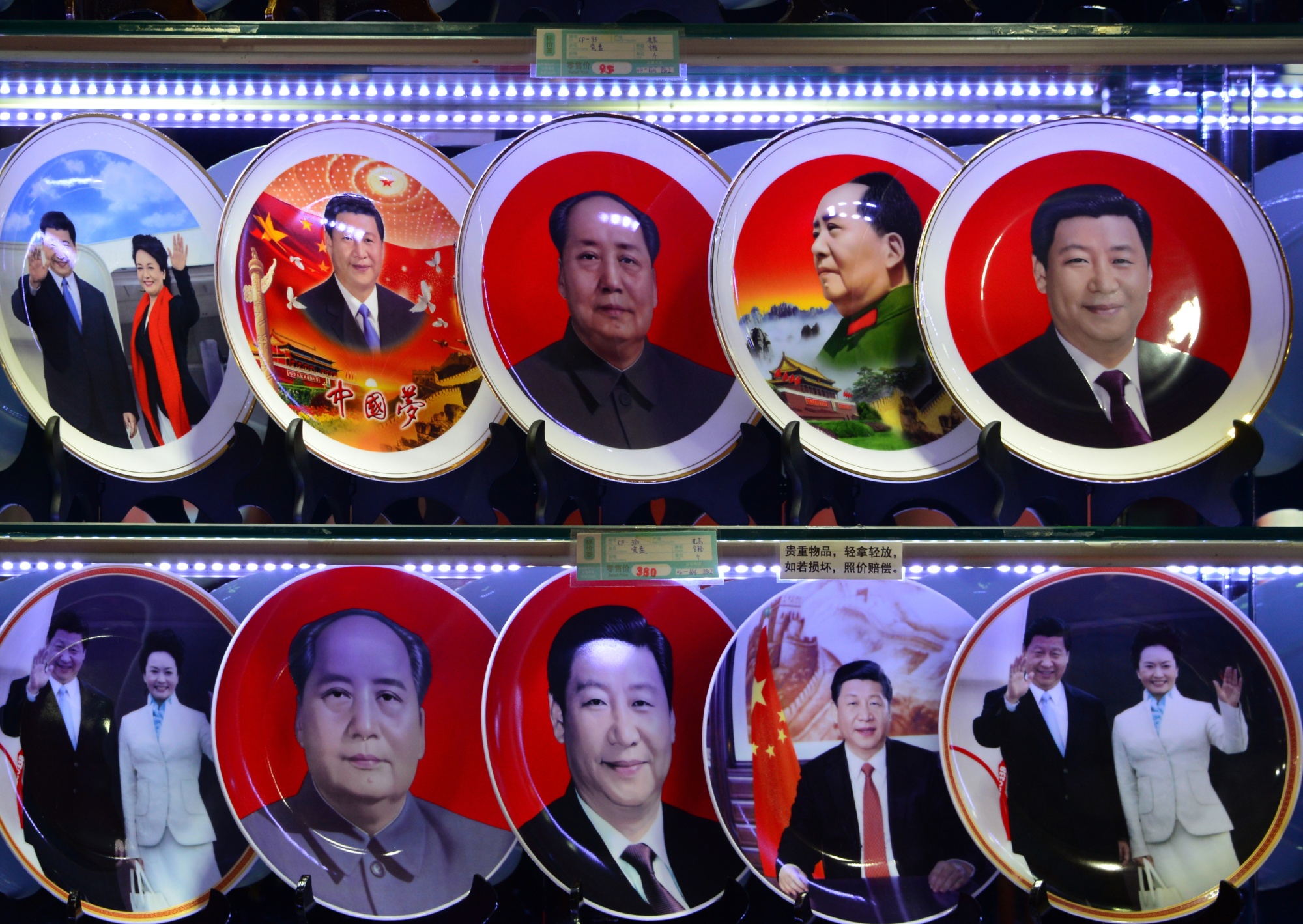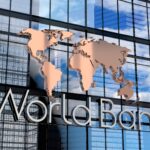Business as usual in China after the NPC congress
The yearly National People’s Congress (NPC) in China took place from the 4th to 11th of March. It is not a forum where new politics or economic initiatives are discussed from the speaker’s desk with around 3,000 delegates. The interesting part is the communication from the political leadership on where they want to take the country and how to do it.
China already has a clear focus on growing the technology sector as much as possible, but it will be intensified even more with artificial intelligence (AI) playing a big role. There is one competing nation in this race – the US, of course.
It was recognised that there is a debt problem in the real estate sector and among the provinces. It is no surprise that spending on defence will increase but what all investors were waiting for was insight into China’s economic growth.
To cut it short, a 5 per cent GDP growth target is set, though without much plan about how to achieve it and not a lot about any reform initiatives. Graph 1 shows the 2024 growth target in historical comparison.

Does it sound dull? Well, it depends on how the individual investor sees the opportunities and what the expectations are.
The uninspiring target
There is no doubt that political leadership can boost economic growth by stimulating household consumption. This is apparently not in the cards currently which might disappoint some investors. Combined with overcapacity in the industrial sector that could spread to other sectors like chemicals, this underlines what might feel like a sluggish outlook for the rest of this year.
In our view, one of the overall challenges is actually because a large part of the global economy is more globalised or alike than many want it to be. A wide range of economic data has a certain similarity across all developed economies, such as GDP growth, industrial production, and consumer confidence.
We consider a major part of the Chinese economy as developed and more similar to other advanced economies than anything else; in other words, not an emerging economy anymore.
Global growth, particularly among the advanced economies, is still under pressure with a tendency to move towards even lower activity. This general pressure is also a reality for the Chinese economy as they cannot immunise from global economic development because China’s economy has become too big and similar to other advanced economies as mentioned.
The targeted 5 per cent in GDP growth in China has been criticised for being uninspired, and we fully agree; it is business as usual. We would have cheered if it were growth initiatives towards private households, particularly more focused on moving small- and medium-sized companies forward. Overall, an economy that emphasises on bringing back the enterprising spirit and better mood across the country. Years back, more than 10 percent of China’s population considered themselves as involved in entrepreneurship. As Graph 2 shows, this share dropped; this is another area where China is slowing towards advanced economies and not emerging ahead like earlier.

Globalised economy
The political leadership clearly has long-term targets in sight and has a focus on getting debt problems in part of the real estate sector and among the provinces fixed. Solving debt problems will always be contractive for an economy. It is fully understandable that this situation, combined with a missing sparkling true domestic economic growth plan, results in a flat feeling.
Though, when it comes to politics and national economic reform plans, we also consider the world as globalised. Among the advanced economies around the world, we cannot point to any country where there is true economic sunshine. The same applies to reform ideas about how to bring the economies forward; both the fantasy and brave political reform thinking are missing among all advanced economies across the globe – a global “business as usual” so to say.
That leaves investors to manoeuvre under these circumstances which is a bigger challenge and less inspiring. For example, in Germany, “business as usual” means zero economic growth. The GDP growth alone is certainly not the only deciding factor for investors, but experience shows that higher macroeconomic growth makes it more likely for investors to identify attractive investment opportunities.
China’s growth target aligns with the rest of Asia (ex. Japan) which confirms Asia’s status as the biggest economic zone in the world. This trend will continue also for the next decade, so it is not a question of being exposed to Asia but where to allocate more investments towards Asia. China still offers very good opportunities but has become much more equally challenged by the other Southeast Asian countries and India, which is interesting from an investor’s perspective.






